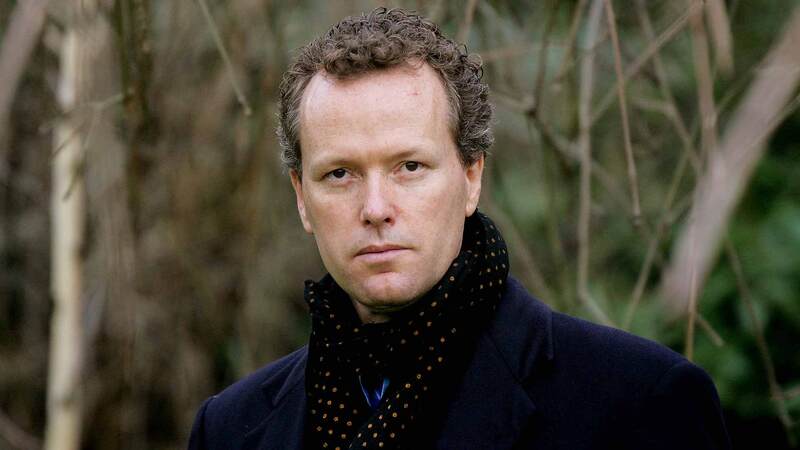You are viewing your 1 free article this month. Login to read more articles.
Books with big advances get no special treatment, PRH US boss tells trial
The chief executive of Penguin Random House US, Madeline McIntosh, has told a court that the size of an author’s advance plays no role in determining books’ marketing plans.
Speaking at the trial on 15th August, where the Department of Justice is attempting to block PRH’s $2.2bn merger with Simon & Schuster, McIntosh said that any advance is “a sunk cost” by the time marketing plans are being discussed, adding the size of any given advance based on profit and loss projections is “highly subjective” and difficult to predict.
Asked by PRH’s lawyer Dan Petrocelli to walk the court through “the lifespan of a book,” Publishers Weekly reported, McIntosh said that sometimes three different potential advance sums came back for the same title.
She said she often “green lights” all of these to encourage her editors’ enthusiasm for projects. When it came to marketing, McIntosh echoed several other witnesses in saying the size of any given advance plays no role in a book’s marketing plans, and that once a book with a big advance is in-house it gets no special treatment. “It’s very much an iterative process,” she said.
External factors such as sales, buzz and what she called “opportunity” – referring to any unexpected attention, such as being chosen for a celebrity book club – meant marketing strategies were agile and could shift depending on circumstances “We’re adapting in real time,” she said.
McIntosh also acknowledged that factors other than predictions of profits and loss went into determining the size of an advance, citing the example of one book in a deal brokered by agent Andrew Wylie that was not expected to earn out its advance in royalties, but which received a $4m advance.
The defence asked: “Why would you give such a book such a high advance, since the computer P&L program allows you to see the profitability available at lower levels?”
McIntosh replied: “Because this was a second-time PRH author, and their agent was very persuasive.”
Merger and acquisition executives from Simon & Schuster owners ViacomCBS and PRH also took to the stand to share why they believed approval of the deal would benefit all parties.
Alex Berkett, chief corporate development and strategy officer of ViacomCBS, discussed the process of finding a buyer for the firm’s publishing subsidiary once the conglomerate put S&S up for sale in early 2020, saying he believed PRH could provide “an excellent home” for S&S.
PRH’s senior vice president of global mergers and acquisitions Manuel Sansigre shared models he developed that showed that, by 2025, once S&S was theoretically fully integrated into PRH, profits would rise by a projected $135 to $175m. He continued that one of the cost-cutting measures PRH would take would be to move S&S’s 1,400 employees from the Rockefeller Center where they’re currently based to the PRH headquarters at 1745 Broadway. He said: “After the transaction S&S would not need its building.”
The trial continues.



















